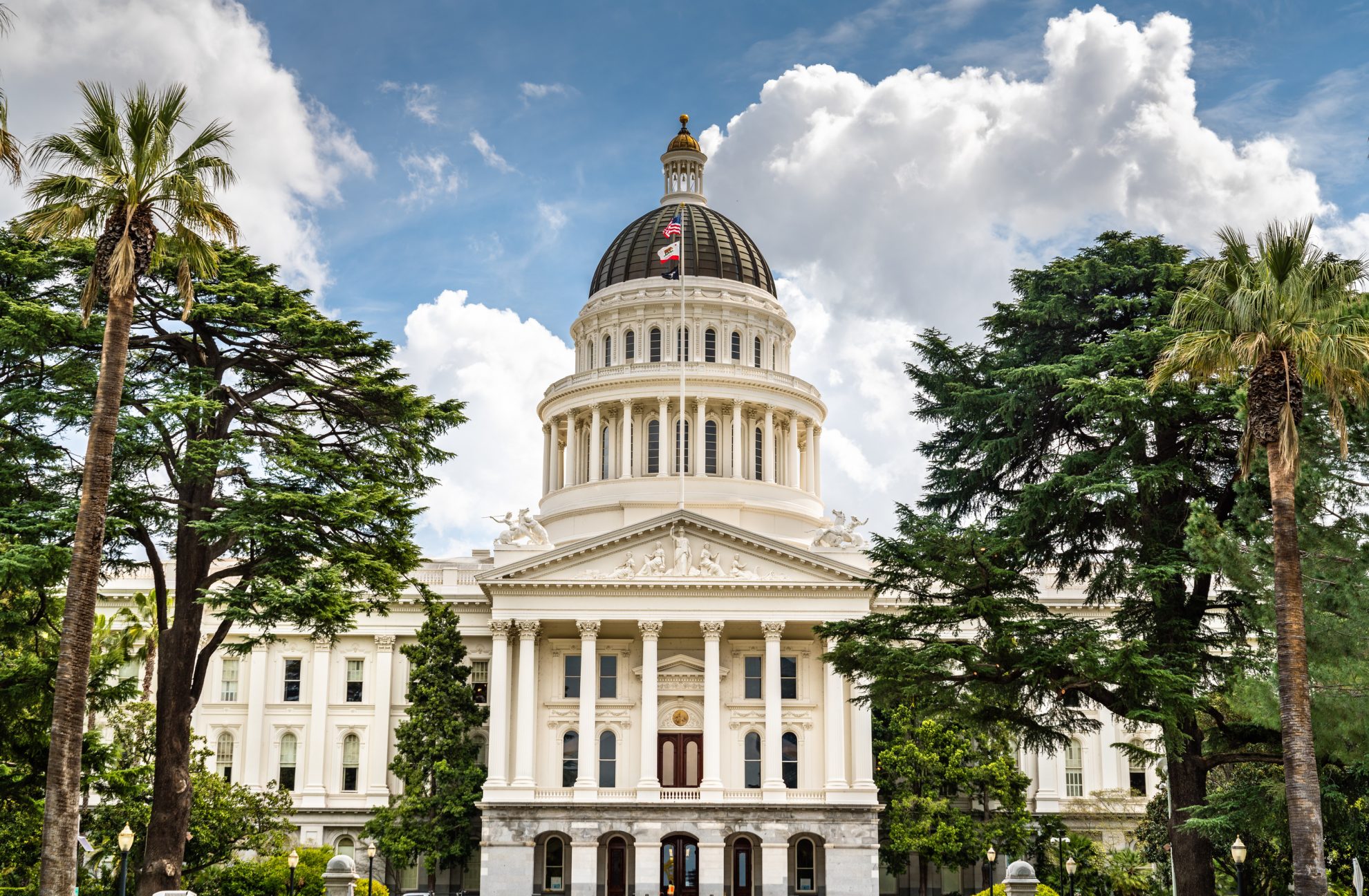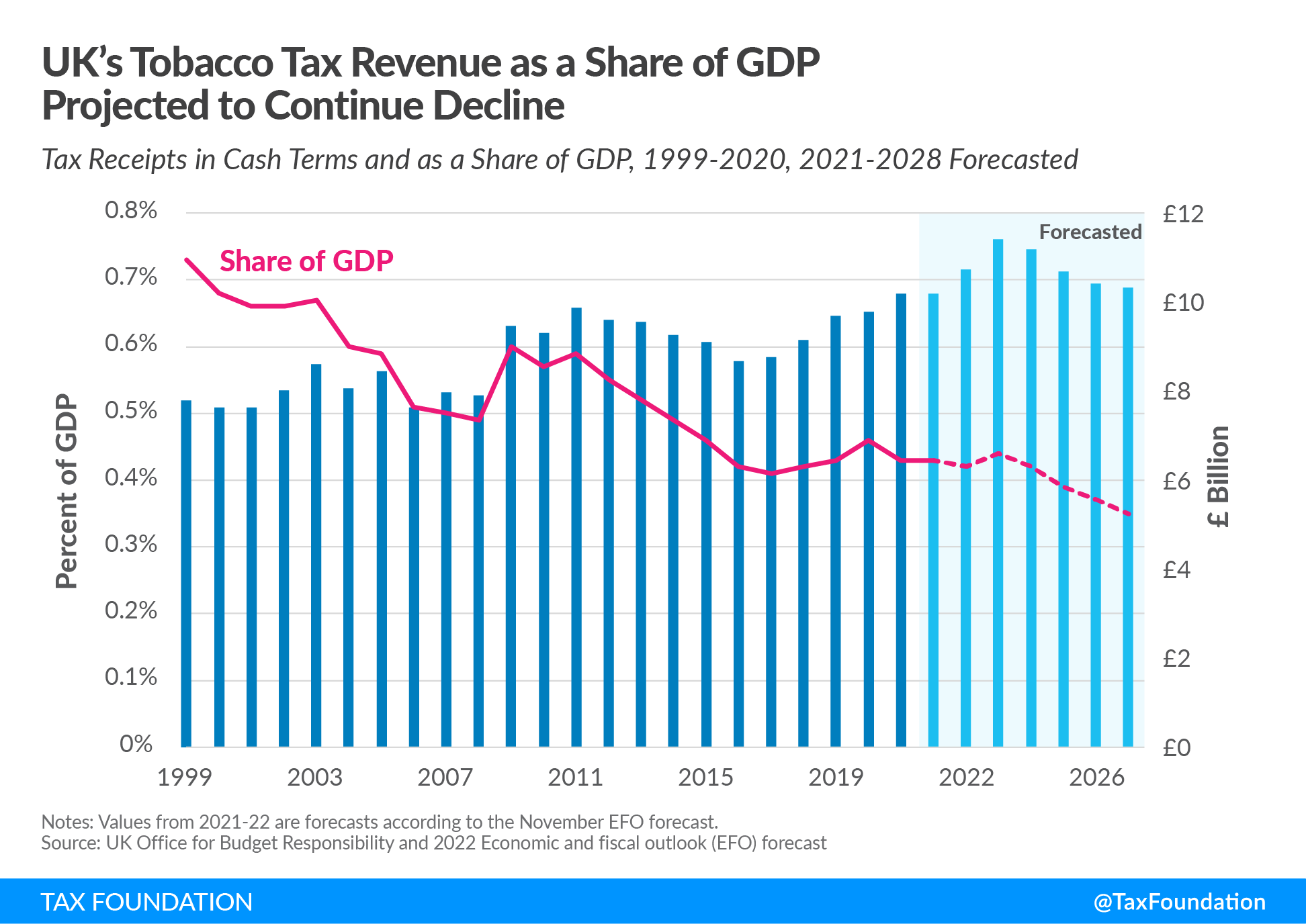California Explores New Ways to Tax the Internet
As far as euphemisms go, California’s proposed “data extraction mitigation fee” is impressive, as (1) it’s a taxA tax is a mandatory payment or charge collected by local, state, and national governments from individuals or businesses to cover the costs of general government services, goods, and activities.
rather than a fee, and (2) it’s not intended to mitigate what it taxes. The proposal is one of two measures under consideration in California, along with the Journalism Preservation Act, that would tax tech companies to fund local journalism.
The data extraction mitigation fee is modeled after Maryland’s digital advertising tax, which has been mired in litigation since its inception and is very likely unconstitutional and in conflict with federal law, though it may take another year or two for the legal process to play out. The Journalism Preservation Act, which has its own constitutional challenges, mirrors a Canadian law taxing links to media outlets, which has been extremely unsuccessful if one’s metric is supporting local journalism rather than stopping major tech companies from linking to local media.
In a surprise action, both bills cleared the California Senate with the requisite supermajority vote last week. SB 1327, the digital advertising tax, now heads to the Assembly, and AB 886, the link tax, returns there for consideration in its amended form.
Under SB 1327, California would impose a 7.25 percent gross receipts taxA gross receipts tax, also known as a turnover tax, is applied to a company’s gross sales, without deductions for a firm’s business expenses, like costs of goods sold and compensation. Unlike a sales tax, a gross receipts tax is assessed on businesses and apply to business-to-business transactions in addition to final consumer purchases, leading to tax pyramiding.
on in-state digital advertising, applied to companies with worldwide revenue of $2.5 billion or more. The tax would be imposed on advertising networks and platforms, from search engines to social media networks to streaming platforms, though much of the burden would be borne by those advertising through those services. In other words, the entity remitting tax might be a large corporation based in Mountain View or Menlo Park, but the business bearing the brunt might be the café in Carmel-by-the-Sea that advertises with them. (For more on the economic implications of digital advertising taxes, see here.)
These days, 77 percent of US business advertising is digital, and most online advertising—for businesses of all sizes, from multinational corporations to local antique shops—takes place on networks run by corporations that would be subject to the new tax. Because most advertising networks and platforms would be affected equally, we should expect most of the cost to be borne by businesses placing ads, not the large corporations selling the advertising space. They, in turn, will pass some of that cost on to consumers, with their ability to do so contingent on such factors as the availability of competing goods from sellers not affected by the tax, and the viability of companies that choose to advertise less. Under a French tax on digital advertising, research indicates that as much as 55 percent of the burden ultimately landed on consumers in the form of higher prices.
Additionally, when digital advertising is taxed, ad-supported models become relatively less viable compared to gated content. Digital ad taxes can lead to more content going behind paid subscription walls, and may increase subscription prices for services funded under a hybrid subscription-and-advertising-supported funding model.
But the bill is not just bad economics. It’s also legally suspect, raising questions under the Commerce Clause of the US Constitution and running afoul of a federal law, the Permanent Internet Tax Freedom Act, which prohibits discriminatory taxes on e-commerce. Under that law, a state can only tax an electronic good or service if it also taxes its physical counterpart in the same manner. A digital advertising tax, which by definition does not apply to billboards, newspaper ads, radio ads, junk mail, or many other forms of tangible advertising, fails this standard. Maryland is currently in court trying to argue that they don’t actually tax digital advertising, but rather the contracts for digital advertising, even though they then tax it on a gross receipts basis. It is difficult to take this argument seriously, and California would be better off avoiding the need to make such silly arguments in court.
Meanwhile, Assembly Bill 866, the Journalism Preservation Act, creates a so-called “usage fee”—it’s a tax—for tech companies whenever content with links to California local news outlets posted on their platforms, with the revenues distributed to qualifying media outlets. As an alternative to this tax obligation, companies could negotiate directly with news organizations, which would be difficult due to the large number of local news outlets, and is also a very curious way to approach a tax: you can get out of it if you can strike a deal with other businesses?
The impetus of this legislation is also to aid local media, but in addition to any other objections about taxing one industry to prop up another, it has a real chance of backfiring. Local media outlets are heavily reliant on links to their content from online platforms. When a social media user posts a link to a local news story, that is a good thing for the media outlet, not a bad thing. If, by charging tech companies for hosting links to local media, those companies are incentivized to block such links, how is local journalism helped?
This is not an idle threat. Alphabet, the parent company of Google, is testing blocking links to California news outlets in response to the law, and Meta, the parent company of Facebook and Instagram, already does this in Canada, which has a similar law on the books. Google originally did likewise, but ultimately agreed to pay CAD 100 million a year to a constellation of news outlets in exchange for being exempt from the tax. Whether they would be willing to strike such deals in California, with the risk of setting a precedent for other states, is at best uncertain. A link blackout would only reduce traffic to news websites, undercutting both advertising and subscription revenue.
The financial challenges of local journalism are real and troubling, but a digital advertising tax, in addition to its dubious legality, will only harm California businesses. And a links tax, beyond any questions about the propriety of such an approach, may leave local media even worse off as major search engines and social media networks respond by blocking links to those outlets rather than having to pay each time a user posts a link.
Proponents have said that a links tax “goes to the heart of our democracy” by supporting local journalism. But our democratic institutions won’t be strengthened by imposing a tax on sharing information, or if such a tax yields a blackout on links to local news. California’s tax system is already onerous enough without experimenting with two destructive new taxes.
At the end of the day, these are simply taxes on the internet—not just on the major tech companies (many of which are headquartered in California), but also on businesses that advertise online, and on consumers who use social media or streaming services. That’s something that states have generally had the good sense to avoid.
Stay informed on the tax policies impacting you.
Subscribe to get insights from our trusted experts delivered straight to your inbox.
Subscribe
Share






